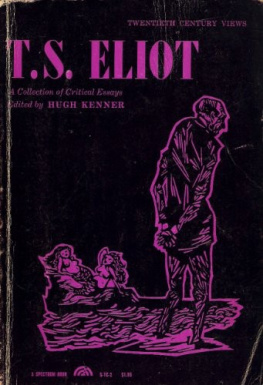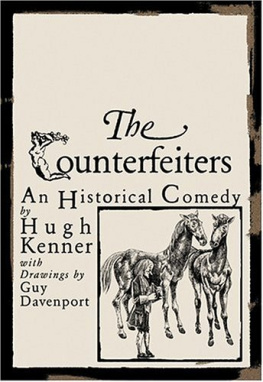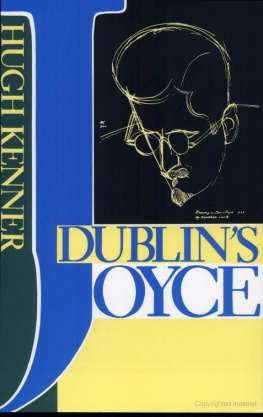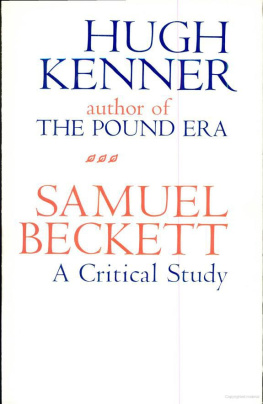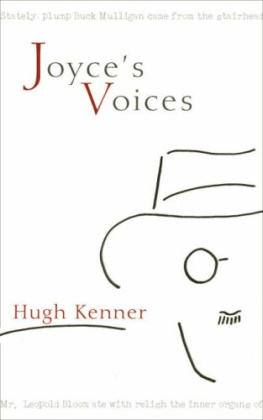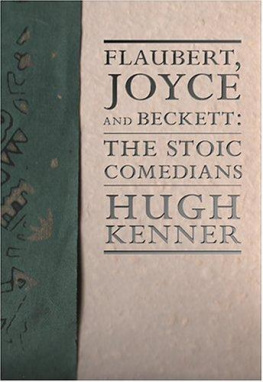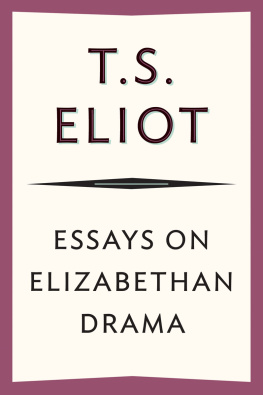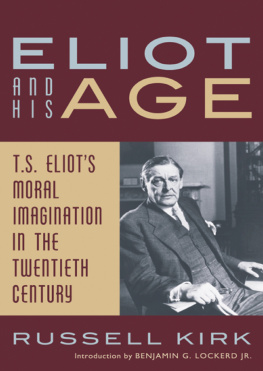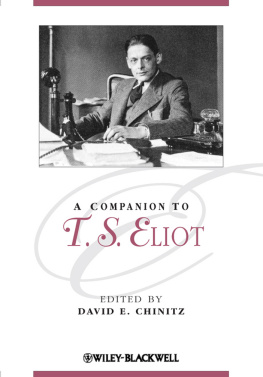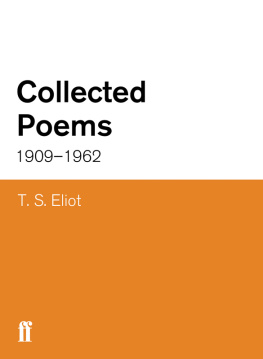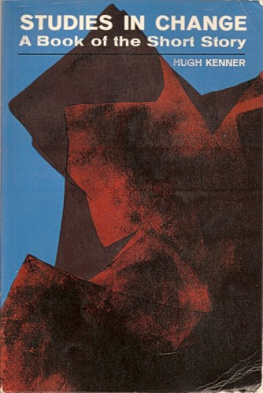Introduction
by Hugh Kenner
The facts are simple. Thomas Stearns Eliot, M.A., arrived in London, aged twenty-six, late in August 1914, the war with the Central Powers having disrupted his plans for graduate study in philosophy at Marburg. The following year he commenced publishing poems in avant-garde periodicals, and reviewing books in respectable ones. Before long he figured among the "drunken helots" of an enraged reviewer's assault on literary Bolshevism; the Spartans, it seems, used to promote orgies among their serfs, to serve as a horrible example to the well-bred, and this was the only kind of purpose the reviewer in question could imagine such poetry fulfilling. Eliot went on reviewing for The New Statesman, The Athenaeum, even The Times Literary Supplement, and working in Lloyd's Bank. In 1922 his poetic and critical careers publicly converged, when The Waste land appeared (without notes) in the first issue of The Criterion, a literary periodical established under his editorship. The Times reviewer, with surprising restraint, contented himself with noting that this poem was sometimes "very near the limits of coherency"; it was widely felt to be a scandalous affair. This feeling has never quite died; Sir Arthur Quiller-Couch continued to the end to wonder whether T. S. Eliot had ever composed three consecutive lines of poetry in his life ; another elder was especially offended by what he took to be the poet's desire to become a crab. Yet by 1932 Eliot was delivering the Charles Eliot Norton lectures at the University where he had failed to complete the work for his doctoral degree; and by 1948 he was the Nobel Prizewinner for Literature, and had been for a decade or more the undisputed literary dictator of London.
This translation from obloquy to eminence came about without any taking of barricades by storm. It was the unforeseen and somewhat irrelevant resultant of a process which derives from the nature of Eliot's writing: from the odd withdrawal of any affirmative per
____________________
| 1 | See the 1943 letter to Lord Alfred Douglas ("Q" then aged 80), quoted in F. Brittain Arthur Quiller-Couch ( New York: The Macmillan Company, 1948), p. 151. It would be amusing to compile a sampling of the abuse this generation directed at Eliot, about 1925-1945. |
-1-
sonality, which has allowed his work to be discussed as though it were the legacy of a deceased poet, and from that quality in both his verse and his prose which invades the reader's mind and there undergoes an assimilation which soon persuades us that we have always possessed it. "I do not know for certain," writes Mr. William Empson, "how much of my own mind he invented, let alone how much of it is a reaction against him or indeed a consequence of misreading him. He is a very penetrating influence, perhaps not unlike an east wind." He is also the first major poet of the first age devoted to serious and systematic, indeed "curricular, scrutiny of its own literature. This fact gives a special status to essays like the ones collected in the present volume. The various public discussions of Eliot's work are not so much serial opinions as they are part of the work's own way of working; part of a complex process of assimilation from which the work itself can only partly be separated.
Even the poet, and in his own lifetime, has tended to disappear into this process. It is odd how his impact resists summary. Mr. Empson's essay was written for a Festschrift commemorating the poet's sixtieth birthday, the only readable contributions to which came from people who, like Empson, Clive Bell, Conrad Aiken, John Betjeman, Neville Coghill and Felix Morley, declined "to judge or define the achievement of Eliot," and instead told anecdotes. The rest of the book is divided between tributes either faintly grandiose or faintly facetious, and pieces of autobiography
Much of it, furthermore, was instigated by him; for he has been the most gifted and most influential literary critic in English in the
____________________
| 2 | T. S. Eliot, a symposium... compiled by Richard March and Tambimuttu ( Chicago: Henry Regnery Company, 1949). |
| 3 | T. S. Eliot: a Symposium for His 70th Birthday edited by Neville Braybrooke ( New York: Farrar Straus & Cudahy, Inc., 1958). |
| 4 | Hugh Kenner, The Invisible Poet: T. S. Eliot ( New York: McDowell, Obolensky Inc., 1959), p. ix. |
-2-
twentieth century -- very likely the best since Coleridge. And the lesson of his criticism has been this: that it is most profitable to examine specific bodies of work. "Analysis and Comparison," he wrote in 1917,

